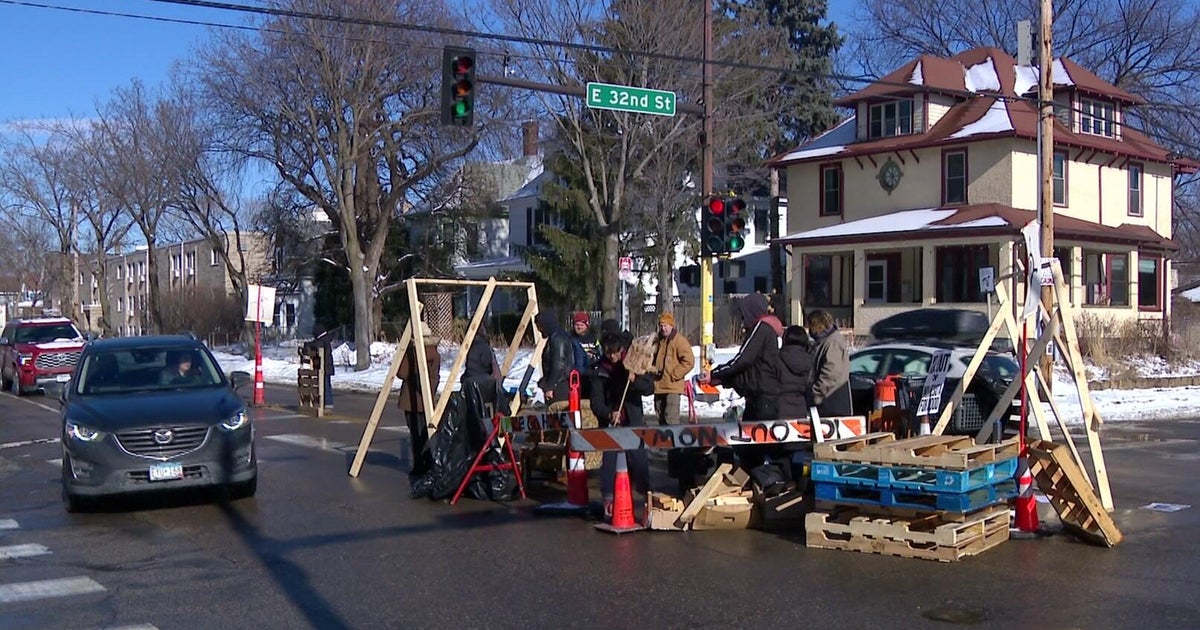No "substantial" changes to mask guidance needed despite uptick in cases, new COVID response coordinator says
The Biden administration does not expect any "substantial" changes to its masking guidance despite an uptick in COVID-19 cases in some parts of the U.S., said Dr. Ashish Jha, the new White House coronavirus response coordinator.
Jha, who replaced Jeff Zients, said infection numbers are still "very low" compared to historical averages while hospitalizations, which he described as the metric "we care about most," are at their lowest level since the pandemic began.
"I do believe we're going to see cases go up and down," Jha said in an interview on "CBS Mornings" Monday, his first day on the job.
"Obviously, if it gets substantially worse, we're going to want to look at issues like masking," he said. "But at this moment, these numbers are still quite low, and I think we need to continue focusing on protecting people with vaccines and treatments. I don't think we need to make any other substantial changes at this point."
Officials across the country have been relaxing COVID-19 restrictions, including mask mandates, since the number of infections began to drop earlier this year. But the Omicron subvariant BA.2, which is now the dominant strain in the U.S., has caused an increase in cases in some regions of the country, mostly in the Northeast.
The virus is also prompting concerns overseas, with the U.K. hitting a record of nearly 5 million new cases in a week.
The increase comes as lawmakers spar over the next round of COVID-19 funding. Republican senators last week blocked a bipartisan proposal to provide an additional $10 billion in coronavirus relief. The White House originally requested $22.5 billion.
Jha said the money will be crucial to have treatments, vaccines and testing widely available if another wave of infections hits the U.S.
"When we look into the summer and fall, when we all want to make sure there are plenty of vaccines available for people, that we continue to have treatments available for the American people, none of that is going to be possible without additional funding from Congress," he said. "And that's why I remain confident that Congress is going to step up and do its part. But it's really pretty essential that they do that."



